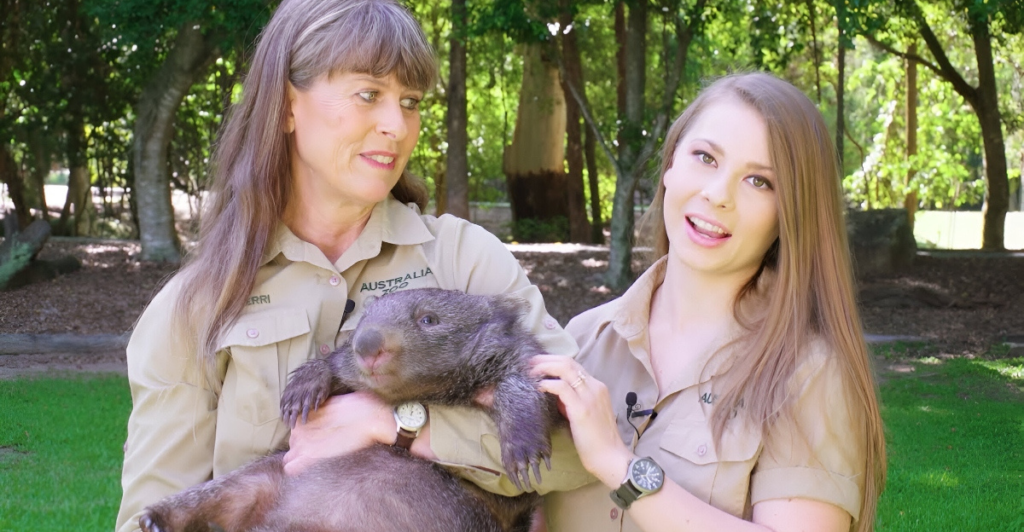
Social media influencers have become prominent figures, leveraging platforms like Instagram and TikTok to share experiences and engage audiences. Their content often includes travel adventures, wildlife encounters, and unique cultural interactions, aiming to captivate and grow their follower base. However, this trend has raised concerns about the impact of such interactions on local environments and wildlife, mainly when influencers engage with animals without proper knowledge or respect for local regulations.
Australia’s Unique Wildlife
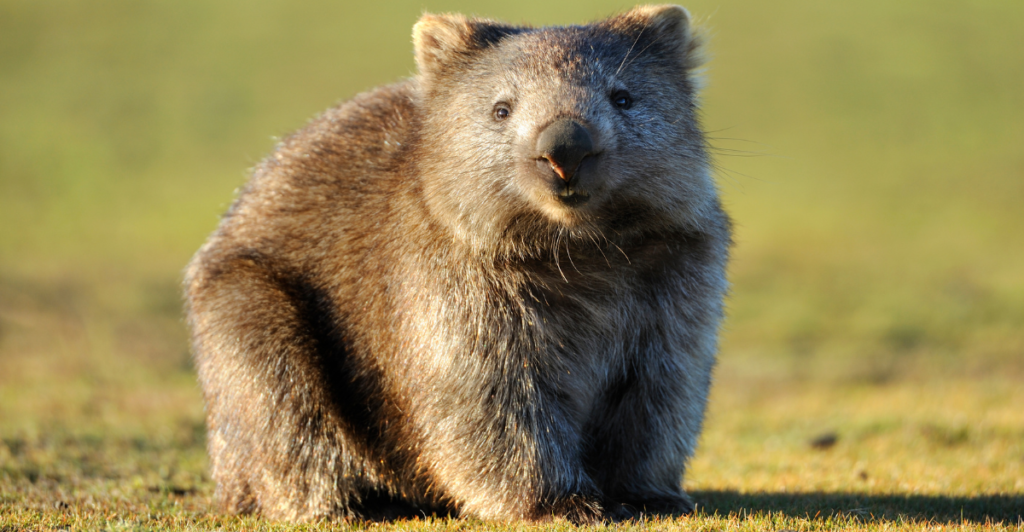
Australia is home to diverse wildlife, including marsupials like kangaroos, koalas, and wombats. These species are integral to the country’s natural heritage and attract tourists worldwide. However, their distinctiveness also necessitates specific conservation efforts and legal protections to ensure their survival and well-being in their natural habitats.
Wombats: Fascinating Marsupials
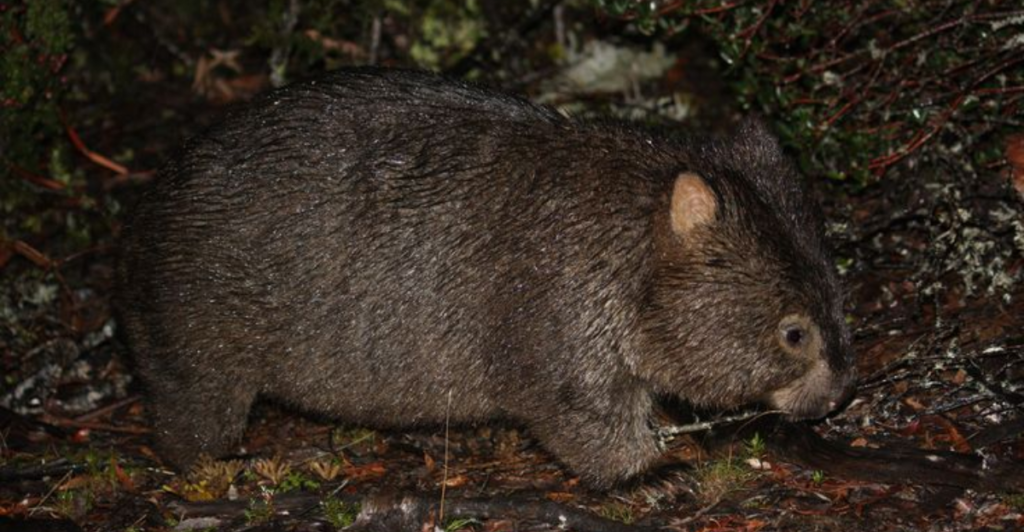
Wombats are sturdy, burrowing marsupials native to Australia, known for their waddling gait and nocturnal habits. They have a significant ecological role, as their burrowing aerates the soil, promoting plant growth. Despite their robust appearance, wombats are sensitive creatures, and human interactions can cause considerable stress.
Legal Protections for Wombats
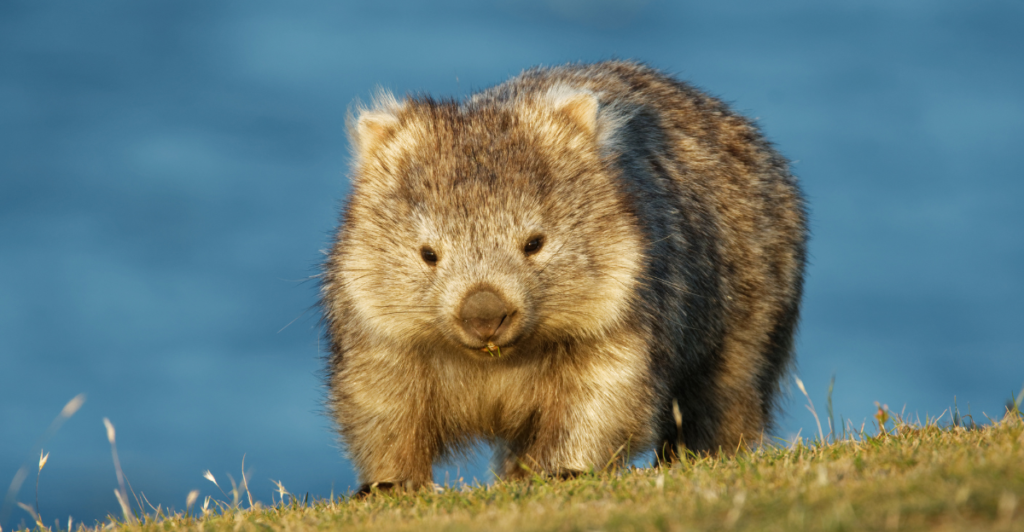
In Australia, wombats are protected under various state and national laws. For instance, in South Australia, it is illegal to kill, harm, or capture a wombat without a permit. Additionally, as of 2023, it is an offense to destroy, damage, or disturb wombat burrows without proper authorization, with penalties including fines and imprisonment.
The Incident: Influencer’s Encounter with a Baby Wombat
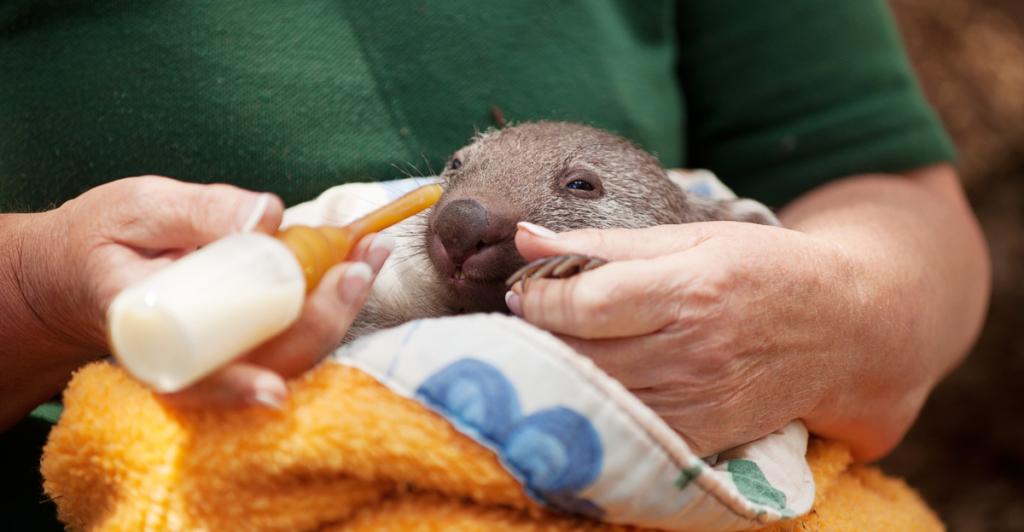
Recently, American influencer Sam Jones faced backlash after posting a video where she took a baby wombat from its mother in Australia. The footage showed the distressed mother chasing after Jones, leading to widespread condemnation from the public and officials.
Public and Official Reactions
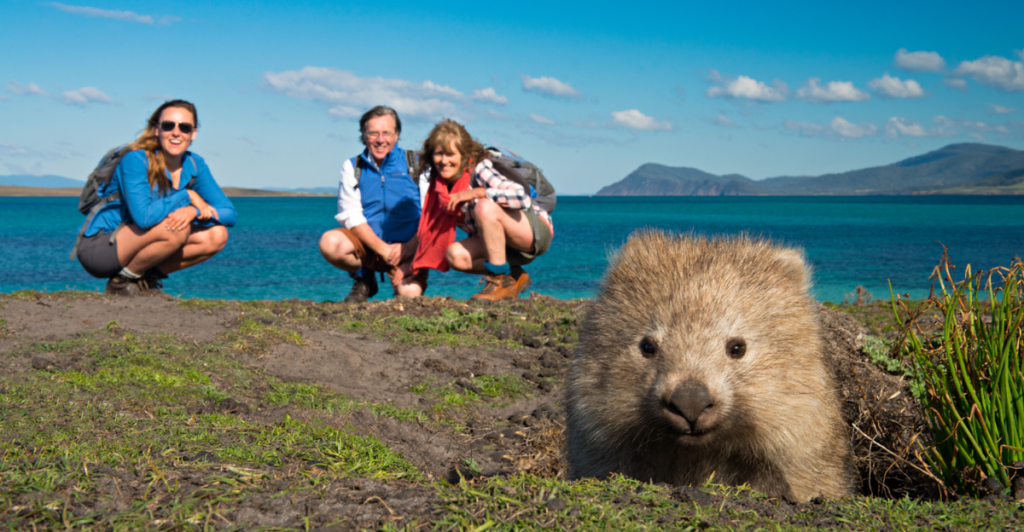
The Incident sparked outrage among Australians and animal welfare organizations. Prime Minister Anthony Albanese criticized the act, highlighting the distress caused to the animals. The Australian government investigated potential legal violations, considering actions such as visa cancellation.
The Importance of Wildlife Etiquette
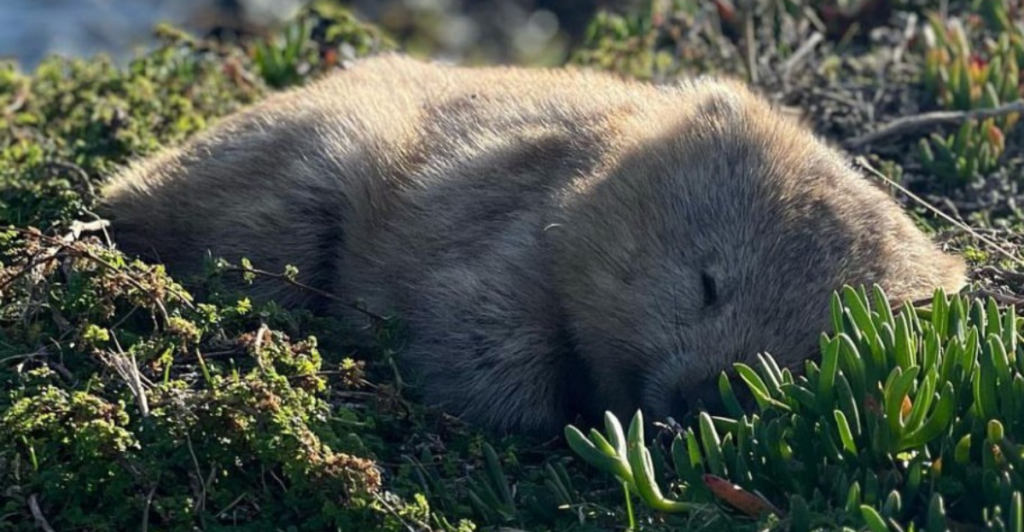
Interacting with wildlife requires adherence to ethical guidelines to prevent harm and stress to animals. Experts emphasize observing animals from a distance, avoiding direct contact, and refraining from disrupting their natural behaviors. Such practices ensure the safety and well-being of both wildlife and humans.
Consequences of Mishandling Wildlife
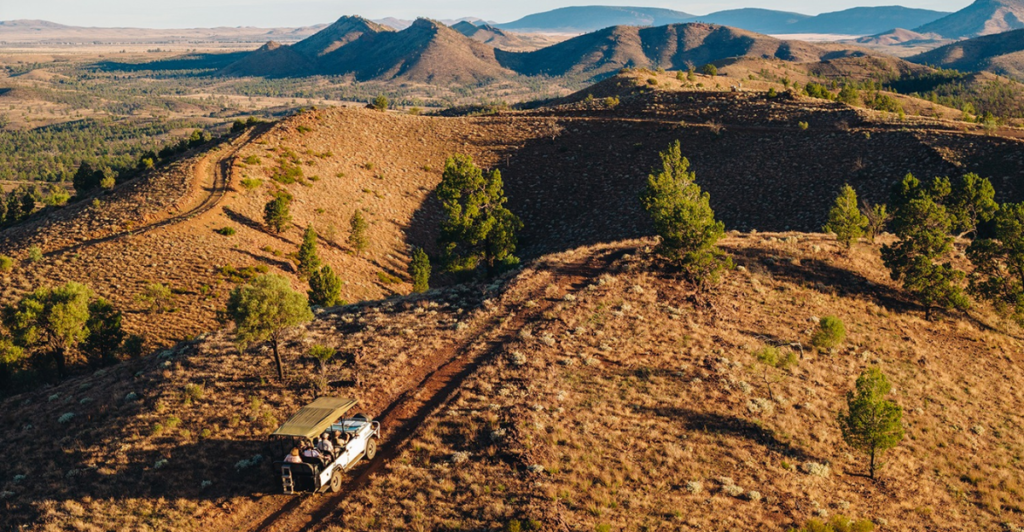
Improper handling of wildlife can lead to physical harm to the animals, such as injuries or abandonment by their mothers. It can also result in legal repercussions for individuals, including fines, imprisonment, or deportation, depending on the severity of the offense and local laws.
The Role of Social Media in Wildlife Conservation
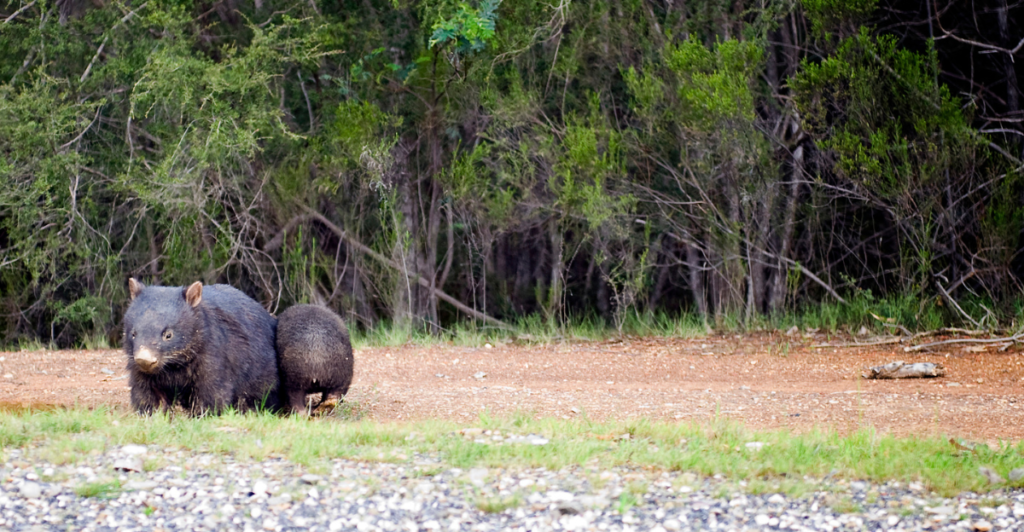
While social media can raise awareness about wildlife conservation, it also has the potential to promote harmful behaviors when influencers engage in irresponsible interactions for content. Content creators must prioritize ethical standards and educate their audiences on respectful wildlife engagement.
Learning from the Incident
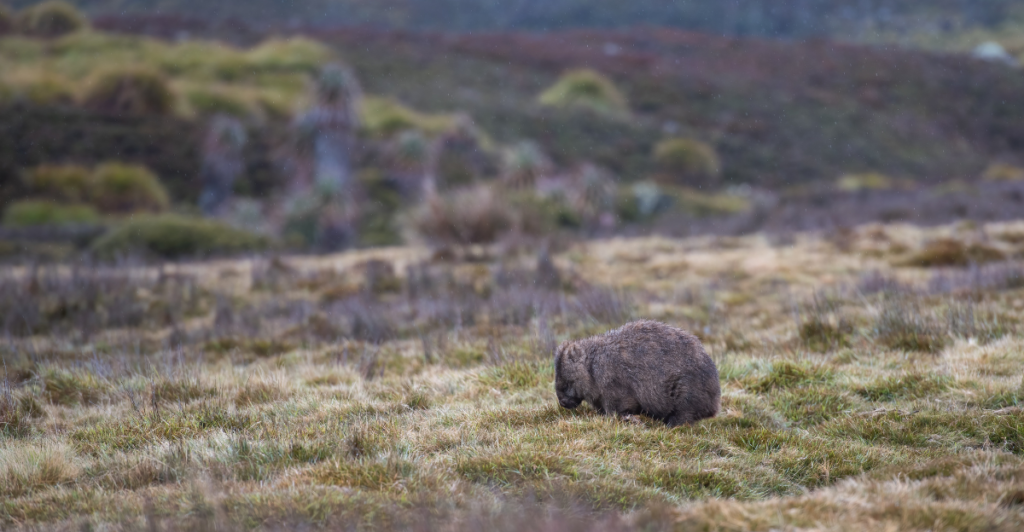
The controversy surrounding Sam Jones reminds us of the responsibilities influencers hold when interacting with wildlife. It underscores the need for awareness and respect for local laws and animal welfare guidelines to prevent similar incidents in the future.
Guidelines for Ethical Wildlife Interaction
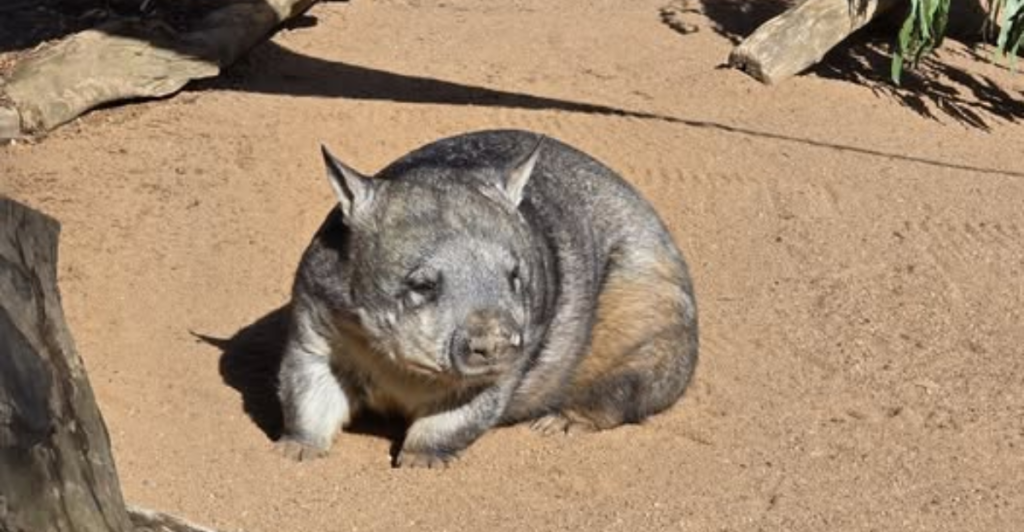
Travelers and influencers should educate themselves on local wildlife regulations, maintain a safe and respectful distance from animals, avoid feeding or attempting to touch wildlife and support conservation efforts by promoting ethical tourism practices.
The Influence of Public Opinion
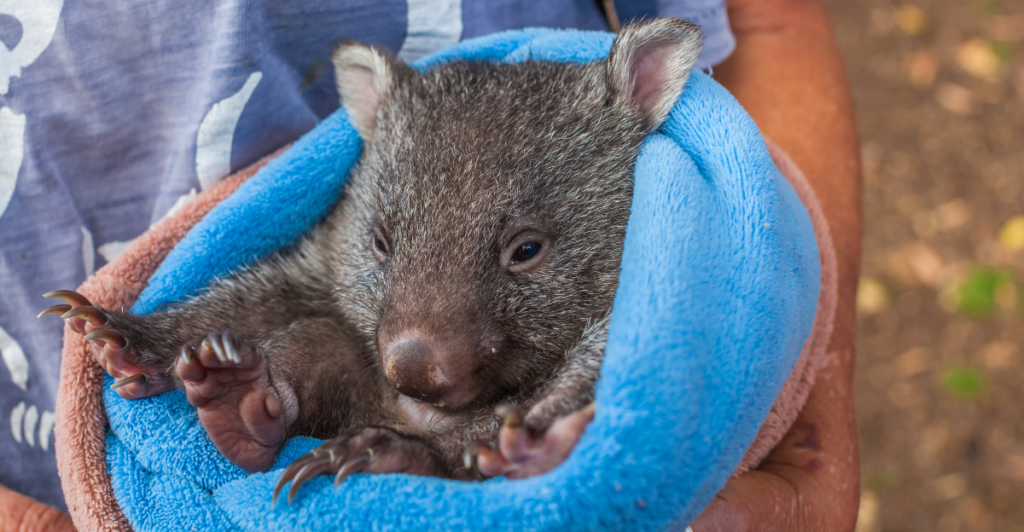
Public reaction plays a significant role in holding individuals accountable for their actions toward wildlife. Widespread condemnation can lead to policy changes, stricter law enforcement, and increased awareness about the importance of ethical wildlife interactions.
Moving Forward: Promoting Responsible Tourism
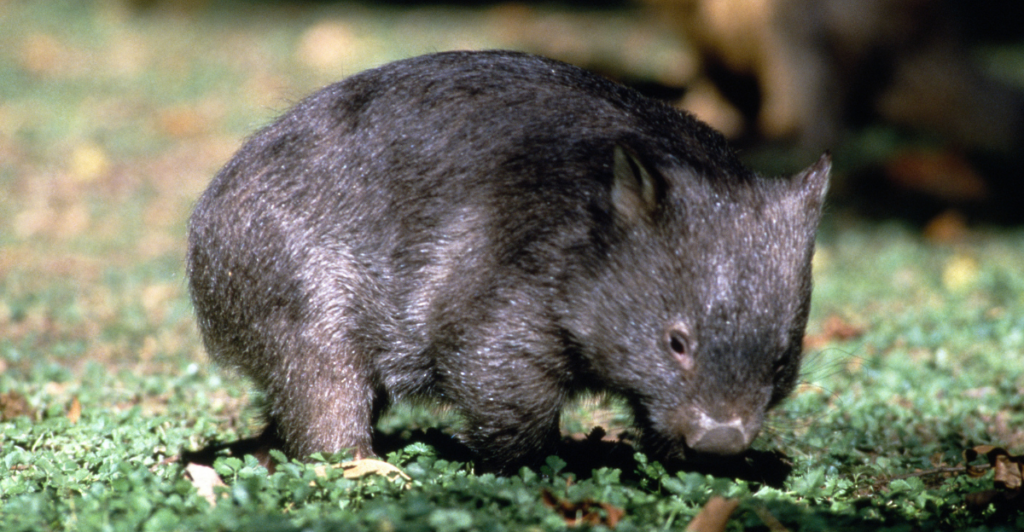
Fostering a culture of respect and responsibility among travelers and content creators is essential to protecting wildlife and promoting sustainable tourism. This includes adhering to ethical guidelines, supporting conservation initiatives, and using platforms to educate others about the importance of preserving natural habitats and respecting animal welfare.







